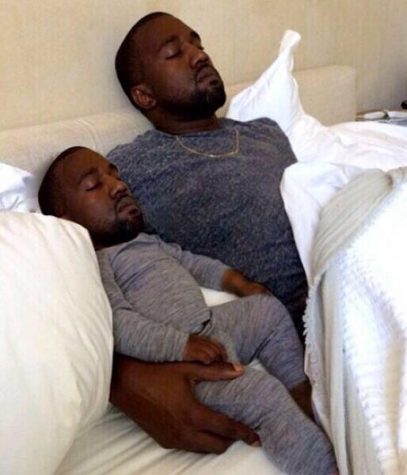If You Tend to Over Sleep, Take a Look at This!
January 24, 2018
Ever fall asleep too much on a weekend and still wake up tired? Surprise! You’re not the only one. It happens to many people around the world. It’s true a good night’s sleep is essential for health, but oversleeping has been linked to a host of medical problems, including diabetes, heart disease, and increased risk of death.
Researchers are careful to note, however, that two other factors — depression and low socioeconomic status — are strongly associated with oversleeping. Those two factors may be the reason for the observed negative health effects. For example, people of lower socioeconomic status may have less access to health care and therefore more undiagnosed illnesses, such as heart disease, which, in turn, may cause oversleeping.
The amount of sleep you need varies significantly over the course of your lifetime. It depends on your age and activity level as well as your general health and lifestyle habits. For instance, during periods of stress or illness, you may feel an increased need for sleep, but although sleep needs differ over time and from person to person, experts typically recommend that adults should sleep between seven and nine hours each night.
Things you can get from sleeping too much: headaches, back pain, depression, heart disease, obesity, etc. Studies have shown that’s what you can get if you do sleep more than usual.







